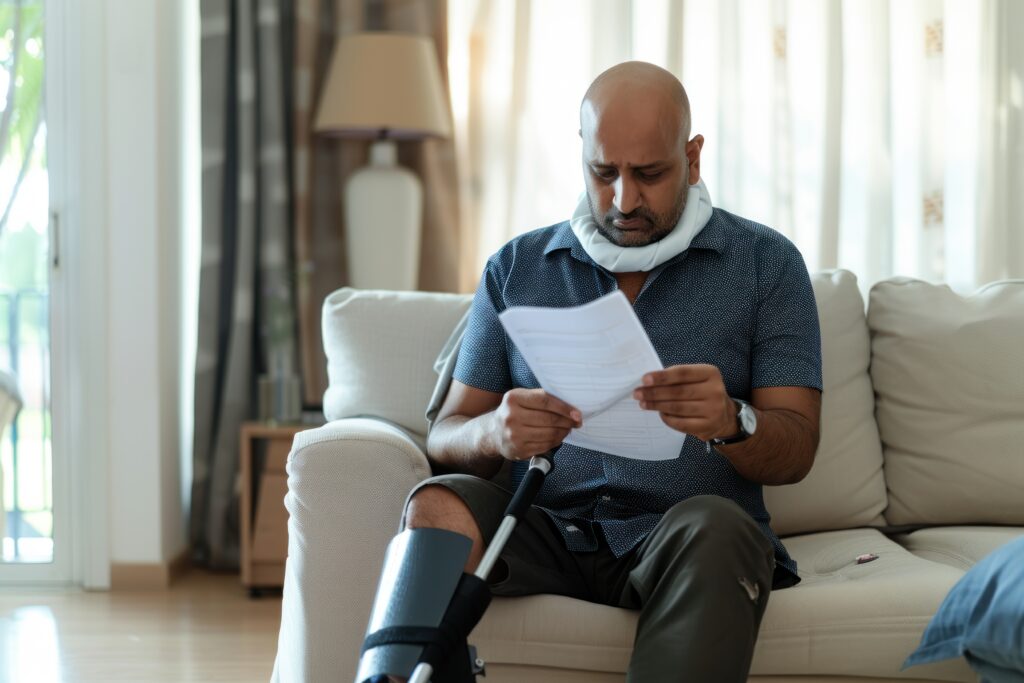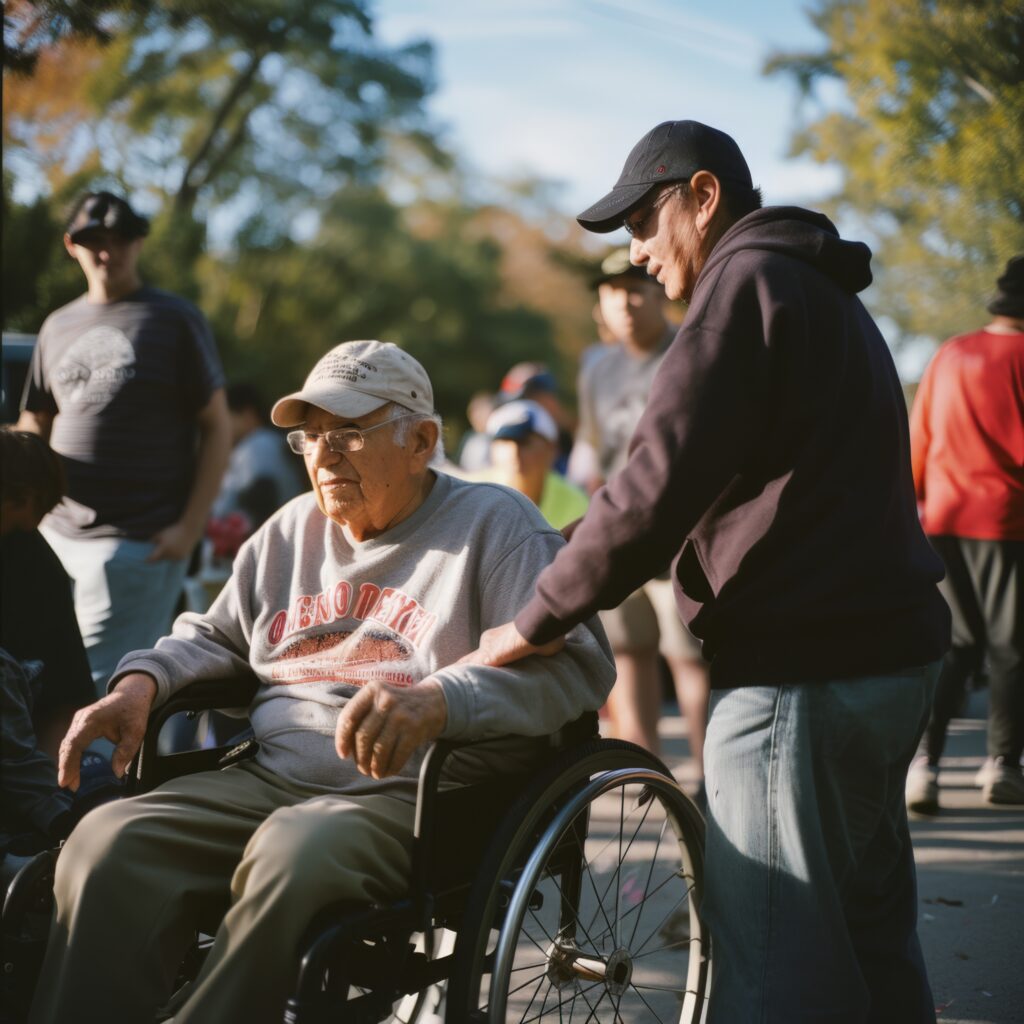Spinal cord injuries can have life-altering consequences, often resulting in paralysis, loss of motor function, chronic pain, and long-term medical complications. These injuries may require multiple surgeries, ongoing rehabilitation, physical therapy, and adaptive equipment to maintain quality of life. If your spinal cord injury was caused by someone else’s negligence or recklessness, you may have the right to seek compensation for medical expenses, lost wages, and future care needs.
Legal representation can help ensure that responsible parties are held accountable and that you receive the financial support necessary for your recovery.
Spinal damage can occur due to various types of accidents, including:
● Car accidents and motorcycle crashes
● Truck collisions involving commercial vehicles
● Bicycle and pedestrian accidents
● Slip and fall incidents on unsafe property
● Workplace injuries and construction accidents
Spinal cord injuries can lead to herniated discs, fractured vertebrae, nerve damage, or complete paralysis. If another party’s negligence caused the accident, legal action may be necessary to recover damages.

Seeking medical treatment is the first step after a spinal cord injury. An independent medical evaluation can help determine:
● The severity of the injury and its long-term impact
● Necessary medical treatments and rehabilitation plans
● Whether the injury was caused by the defendant’s negligence
In some cases, medical experts may be needed to testify in court regarding the extent of the damage and future care requirements. This evidence is critical in demonstrating how the injury has affected a victim’s ability to work, perform daily tasks, and maintain their quality of life.

Victims of spinal cord injuries may be entitled to both economic and non-economic damages, including:
● Medical expenses – Hospital bills, surgeries, physical therapy, and long-term care
● Lost income – Compensation for time missed at work
● Future earnings loss – If the injury prevents returning to work or limits career prospects
● Pain and suffering – Emotional distress, chronic pain, and loss of mobility
● Home modifications and assistive devices – Costs for wheelchairs, ramps, and other adaptive equipment
Vocational rehabilitation specialists and economic experts may be needed to accurately estimate long-term financial losses caused by the injury.

Once damages are determined, a demand for compensation is typically sent to the negligent party’s insurance company. If a fair settlement is not reached, the case may proceed to
litigation.
A spinal cord injury lawsuit may involve:
1. Gathering evidence – Medical records, accident reports, and expert testimonies
2. Negotiating with insurance companies – Seeking a fair settlement
3. Filing a lawsuit – If an agreement cannot be reached
4. Trial preparation – Ensuring victims understand the legal process and what to expect in court Because spinal cord injury cases can be complex, having an experienced attorney can significantly improve the chances of recovering maximum compensation.

Spinal cord injury claims require thorough medical documentation, expert analysis, and strong legal advocacy to prove the full impact of the injury. A legal team can help:
● Establish liability by proving the defendant’s negligence
● Ensure all damages are accounted for in settlement negotiations
● Fight for maximum compensation in court if necessary

Recovering from a spinal cord injury can be overwhelming, both physically and financially.
Seeking assistance from a network of experienced personal injury attorneys can help ensure
victims receive fair compensation and the necessary resources for long-term care.
If you or a loved one has suffered a spinal cord injury due to negligence, consider consulting
with a legal professionalto explore your options and protect your rights.